
Buying a new mattress is a big investment. We spend about a third of our lives in bed, so it’s worth getting the right mattress for you. But did you know body weight can dictate which mattress is the best for you?
The best mattress should keep your spine aligned and offer the right support for your body. But different body types require different types of support – so which mattress is best for heavy people?
I’ve tested mattresses for three years, and have slept on pretty much every type and brand of mattress out there. I got together with industry insiders to find out what makes a good mattress for those of us who are a heavier build.
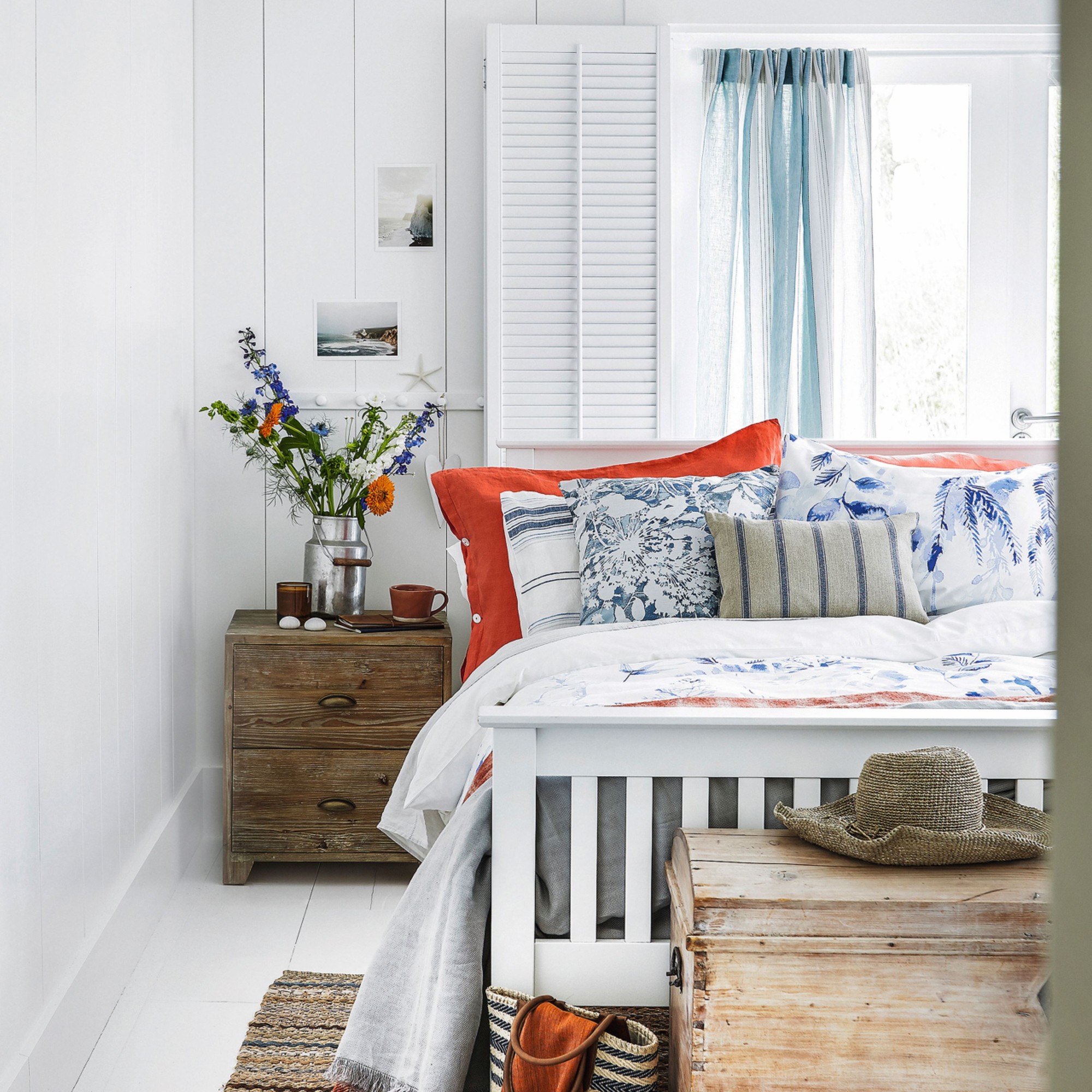
Does your weight affect the feel of a mattress?
Your body weight absolutely affects the feel of a mattress. Whether you opt for an open-coil, pocket spring, hybrid or memory foam mattress, different mattress tensions – that is, firm, medium-firm, medium or soft – will feel different for different body weights.
'Weight can definitely affect the feel of a mattress, from how firm or soft a mattress feels, affecting how much you sink into the material and the level of support it provides,’ says Michael Buckle, Senior Mattress Buyer at Dreams. ‘Heavier individuals tend to experience more sinking and heat retention, while lighter individuals may find the same mattress firmer and less responsive to pressure points.’
Registered osteopath and founder of The Sleep Site, Dave Gibson, agrees saying, 'heavier individuals may require a firmer support, while lighter individuals might find a softer mattress more comfortable'.
What is the best mattress tension for heavy people?
So what should you look for when shopping for the best type of mattress for heavy people? First up, you need to get the mattress tension right.
Heavier people tend to fare better on firmer tension mattresses. A bit of extra tension on a mattress will provide those of us with heavier body weights the support that we need. This means our spines can remain in alignment and we won’t sink into the mattress too much.
‘Firm to extra-firm mattresses are best for heavier people,’ agrees Michael from Dreams. ‘Firmer mattresses offer greater support by preventing excessive sinking, ensuring good spine posture, and maintaining the mattresses durability over time. Softer mattresses can cause sagging, which can be uncomfortable and provide insufficient support.’
‘We would recommend looking at medium firm, firm and extra firm mattresses to ensure adequate support during the night, and longevity for the mattress’ concurs Rex Isap, sleep expert and CEO at Happy Beds.
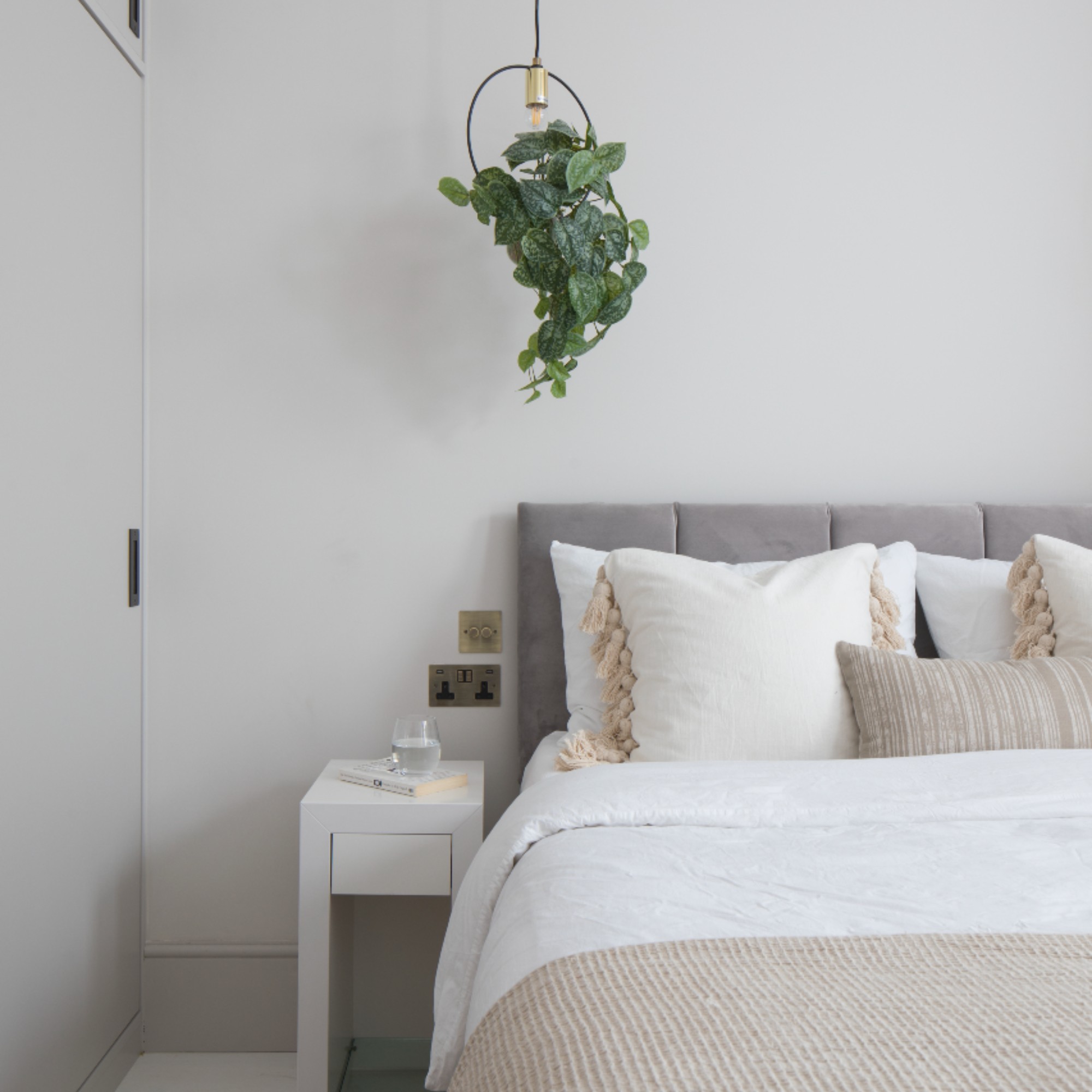
What is the best type of mattress construction for heavy people?
As well as a firmer tension, those of us who are heavier should look for a mattress which offers good support. Generally this means opting for a good quality pocket-sprung mattress or a hybrid mattress that offers a layer of either memory foam or latex cushioning with firm spring support underneath.
If you're heavier in build then it's usually best to avoid an all-foam mattress. That's because these mattresses don't feature any springs so they're less able to offer the support heavier weight sleepers need, and memory foam mattresses don't tend to come in firm or extra firm tension options. The one exception is a Tempur memory foam mattress, these are more expensive than most memory foam mattresses, but do come in firmer tensions that can suit heavier sleepers.
I asked Ideal Home's Sleep Editor, Amy Lockwood, for her top three mattress suggestions for heavier sleepers. Find them below.
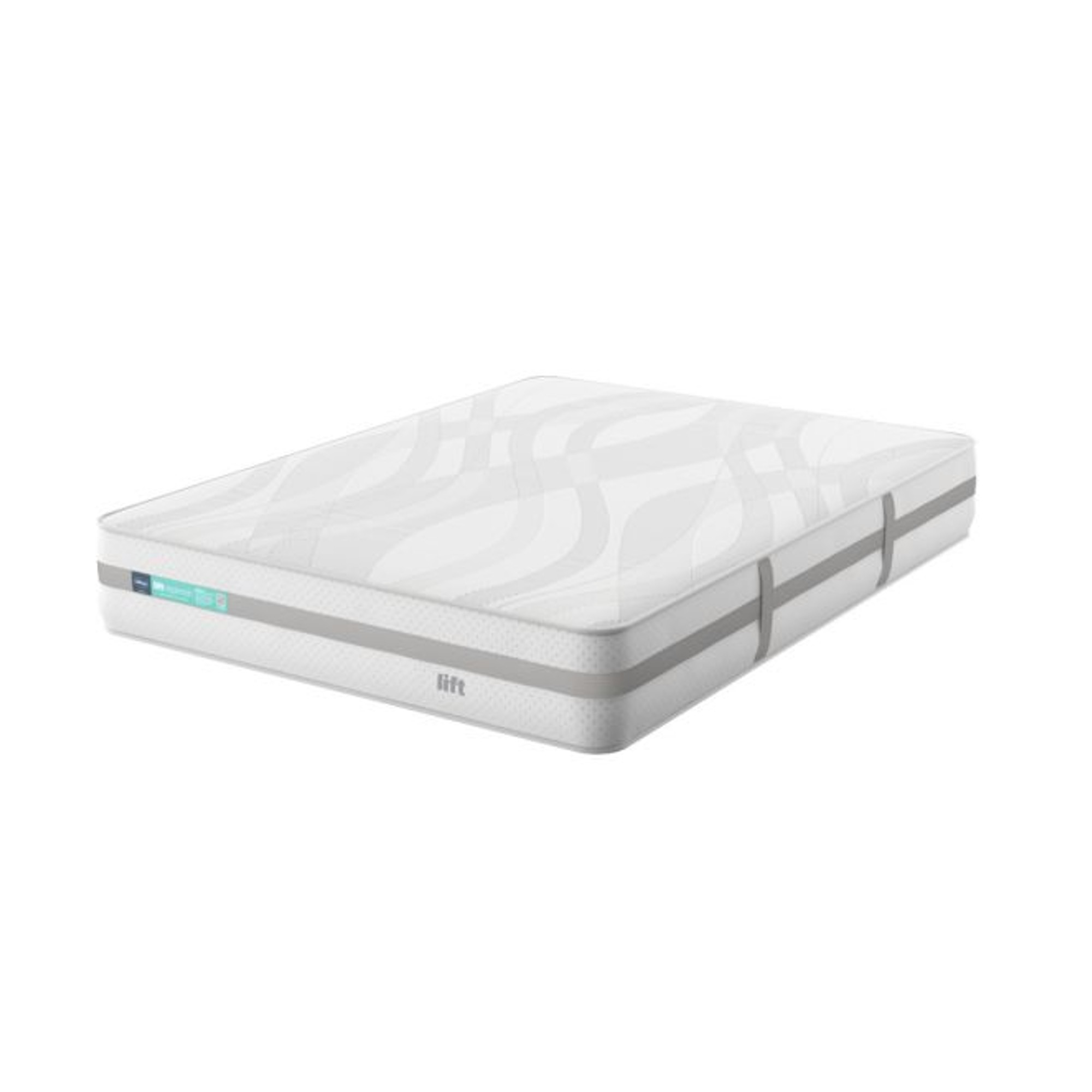
Unfortunately good support can mean a more expensive mattress, but there are affordable options. My top choice for heavier sleepers looking for a more budget-friendly mattress would be this hybrid mattress from Silentnight. It offers a great mix of supportive springs and a latex comfort layer that provides good firmness. There's more detail in our Silentnight Lift Replenish Hybrid 2000 mattress review.
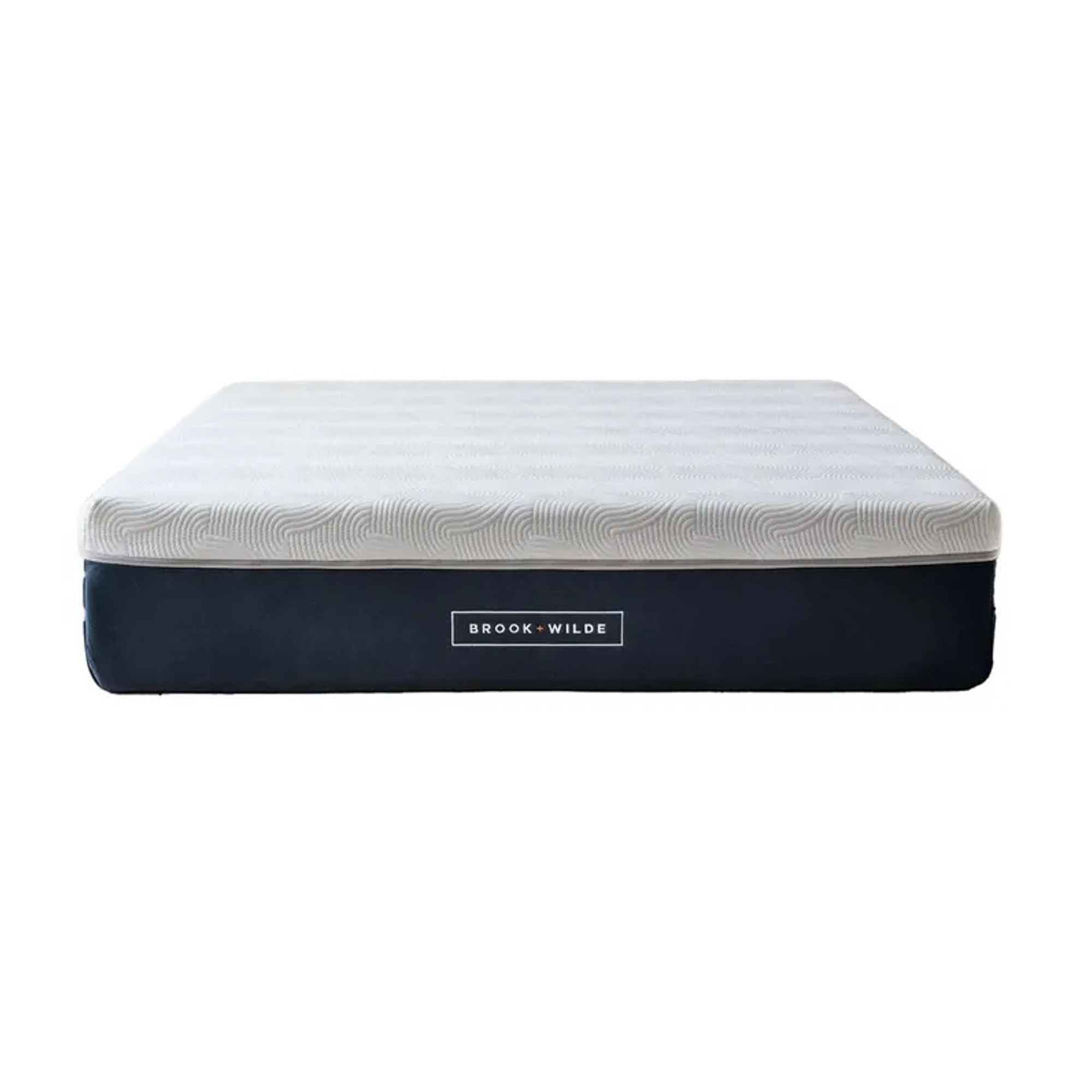
If you prefer the cradling sensation of memory foam, this hybrid memory foam mattress is available with three tension options – firm, medium, and soft – which makes finding the right tension for your body far easier, whatever your bodyweight. Plus, a 200 night sleep trial, means there's plenty of opportunity to test it out at home for yourself. You can find out more in our Brook +Wilde Ultima mattress review.
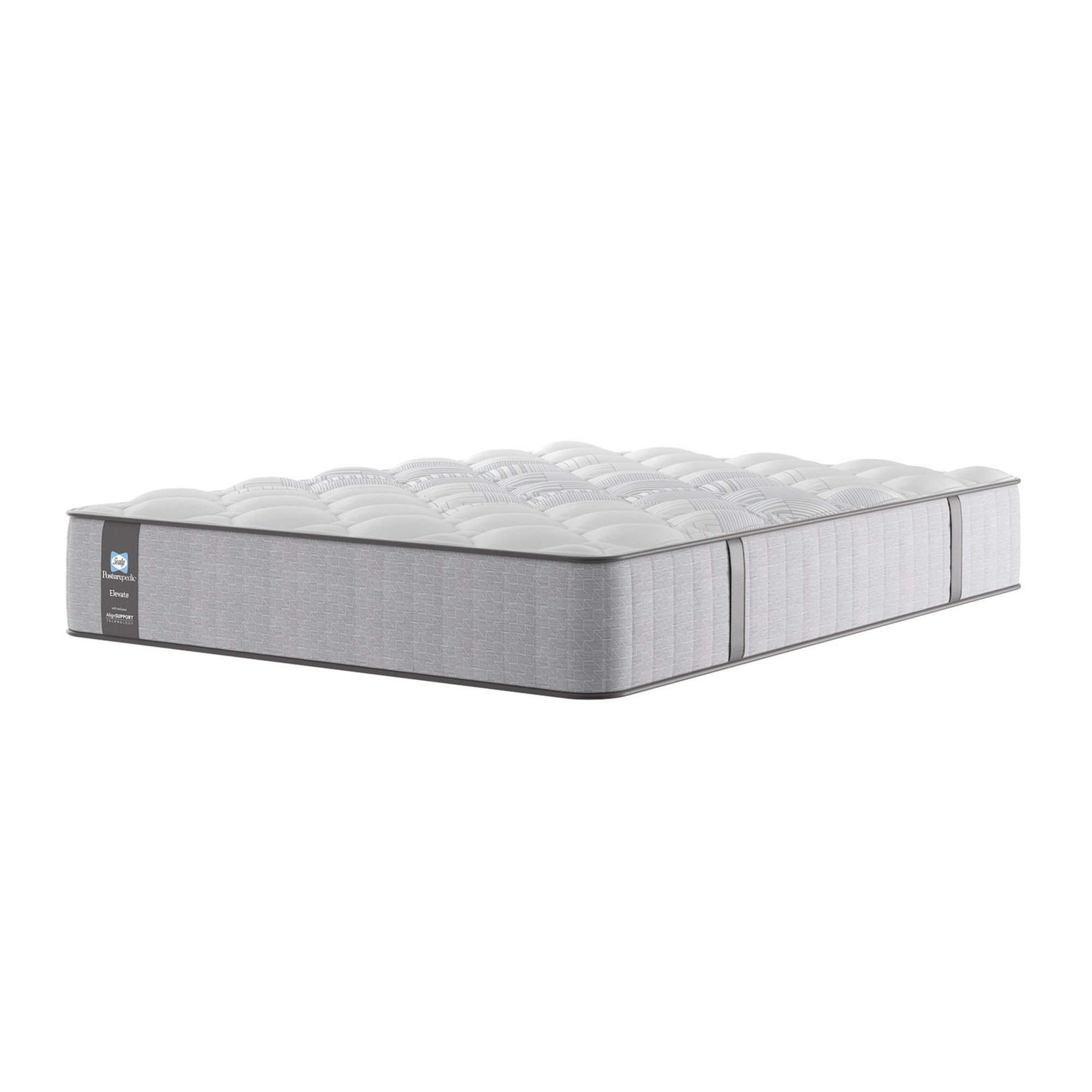
Sealy mattresses offer some of the most supportive designs I've tested, which is great news for heavier sleepers. This option comes in two tension options, both with a latex comfort layer, and offers the best edge support of any mattress we've put through Ideal Home's mattress testing process. Our Sealy Newton Posturepedic Mattress review has the full lowdown.
What’s the best mattress for couples who differ in bodyweight?
Of course, it might not only be our own weight we need to consider. Some of the biggest mattress buying mistakes can be made when trying to find a mattress that accomodates two people, and couples with significant differences in bodyweight face an extra challenge.
That's because finding one mattress tension that suits both a heavy and a lighter weight person is very difficult. The solution can be in a zip-and-link mattresses. These mattresses zip together in the middle, but can be made with different tensions to each other. They’re great for movement isolation too.
‘Couples with different body weights may benefit from split tension mattresses,’ says Michael from Dreams. ‘A split design enables each couple to select the firmness level that best fits them'.
Split tension mattresses do tend to be more expensive, but, considering how much time we spend asleep, I think a more expensive mattress is worth it. If your budget won't stretch that far though, Michael suggests opting for a middle ground. 'Alternatively, hybrid mattresses with medium-firm tension offer a good blend of support and comfort for both lighter and heavier partners', he says.
Whatever your weight, if you share a bed I'd also recommend opting for the largest mattress you can when you're considering what size mattress to choose.
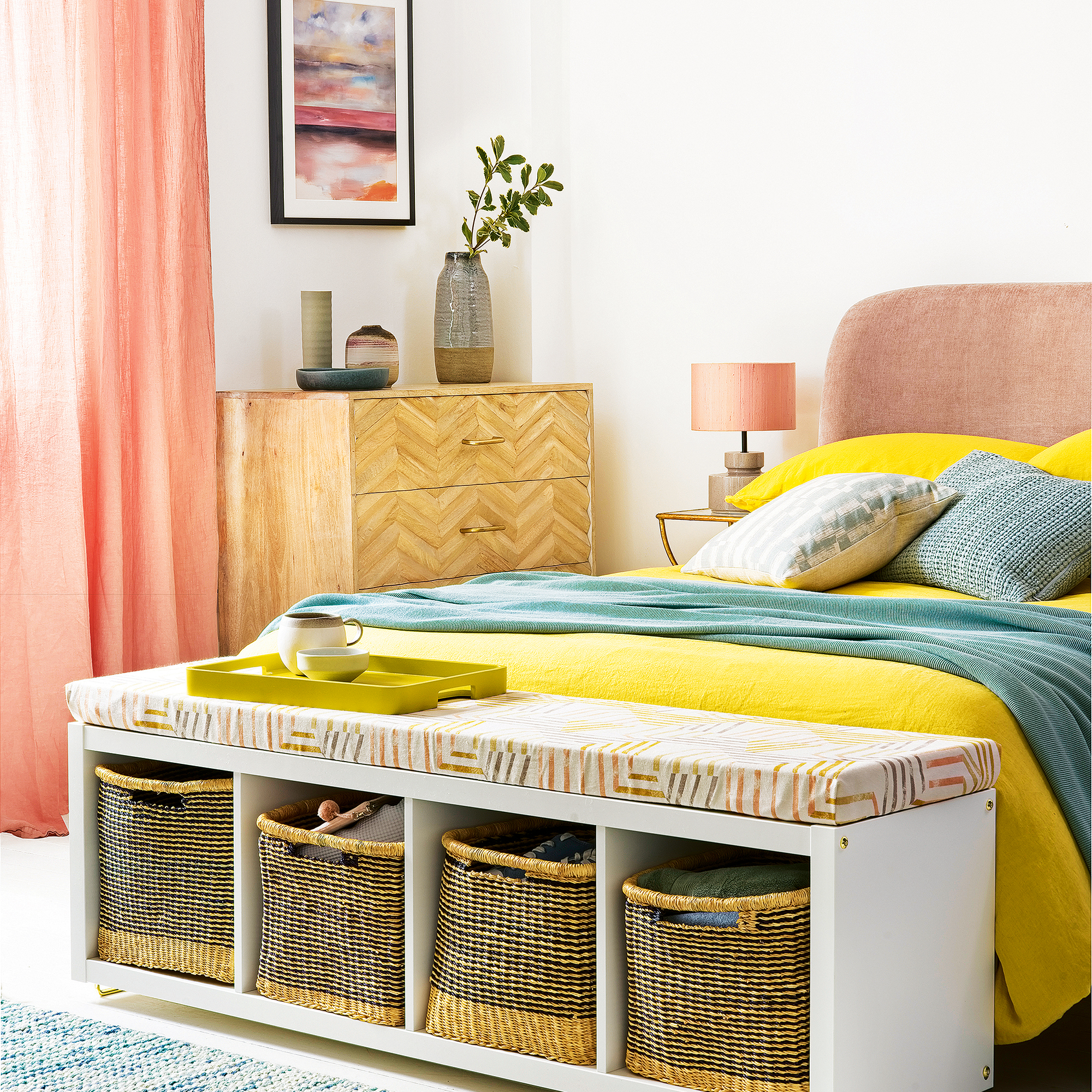
Do mattresses have a weight limit?
Yes, mattresses do tend to have a weight limit, but each mattress is different. The weight limits tend to depend on the construction of the mattress.
Pocket-sprung mattresses tend to have the highest weight limits, followed by hybrid mattresses made with memory foam comfort layers. Latex has a much lower weight limit.
‘Many mattresses have a weight limit of 113 kilograms per person, so the wrong option can potentially do more harm than good,’ says Michael from Dreams. ‘To make sure you invest in a bed that’s both comfortable and supportive, you’ll want to do your research as there are many options out there.’
Is a memory foam mattress better for heavy people?
If you love the sink-in feeling of memory foam and want to know if you can still enjoy memory foam if you’re heavier – good news. You can, but it would be better to go for a hybrid mattress rather than a straight-up foam mattress that contains memory foam. The construction of hybrid mattresses means they have spring support underneath the memory foam comofort layer, so they’re a bit more stable and less likely to sag over time.
‘We wouldn’t typically recommend a foam mattress for heavy people and would suggest looking at spring or hybrid mattresses,’ agrees Rex Isap, sleep expert and CEO at Happy Beds. ‘This is because their solid structure provides better support, comfort and durability when sleeping, and can retain their rigidness.’
Is a sprung or foam mattress better for heavy people?
As mentioned, all research and expert advice points at choosing a sprung or hybrid mattress over a full-on foam mattress if we're heavier.
‘Depending on the sleeping position, heavier people may prefer a sprung mattress over a foam mattress due to the weight distribution and support that the springs can give,’ confirm IKEA mattress experts.
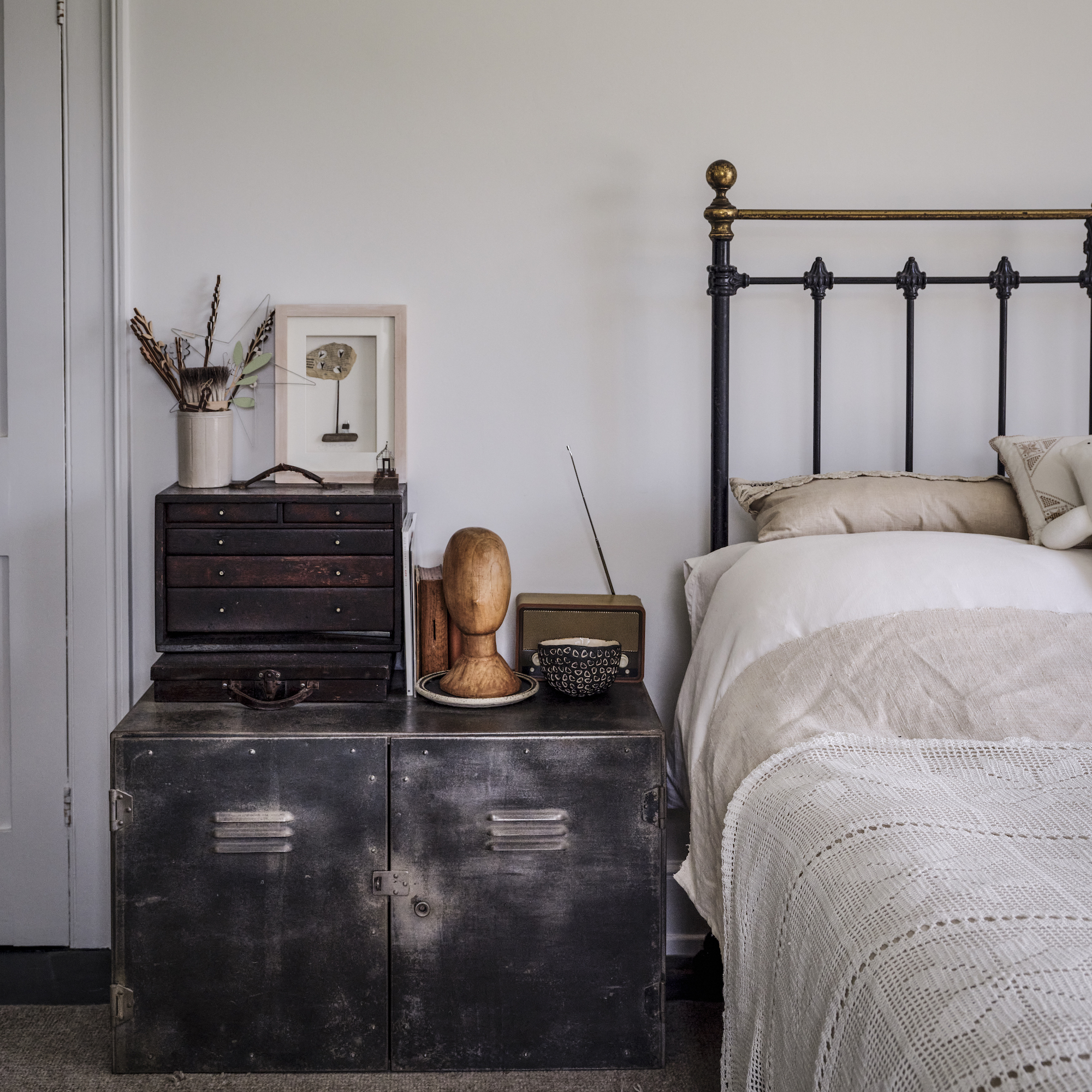
So those of us with heavier builds have plenty of options to choose from. As always with mattresses, you just need to look for what suits you comfort-wise.
And, as Ideal Home's Sleep Editor Amy Lockwood adds, 'whatever your weight, I'd always recommend opting for a mattress that comes with a sleep trial. Terms and conditions will apply, but a sleep trial allows you to test out a mattress at home on your own bed frame – this is particularly important because even if you tried the mattress out in store before buying, along with your bodyweight, your bed base can make a big difference to how a mattress feels'.
Most sleep trials last somewhere between 30 and 200 nights which is plenty of time to see how a comfortable a mattress really is for your body.







